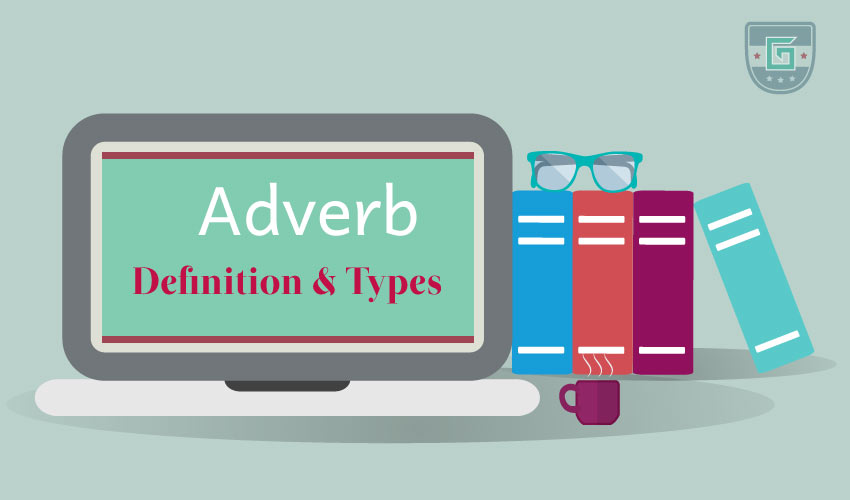Back to: ENGLISH LANGUAGE JSS3
Welcome to Class !!
We are eager to have you join us !!
In today’s English Language class, We will be learning about Verbs and Adverbs. We hope you enjoy the class!

Review of Verbs and Adverbs
A verb is an action word. It tells us what the subject of a sentence does. There are two types of verbs: transitive and intransitive verbs.
Transitive Verbs
These are verbs that have/take objects.
Example: One man does the work.
I broke my leg.
She slapped the boy.
The tailor made a beautiful dress.
Intransitive Verbs
These are verbs that don’t take/have objects
Examples: A cock crows.
I slept very well yesterday.
The baby cries every day.
However, some verbs can be used either as transitive verbs (that is, with objects) and as intransitive verbs (that is, without objects) e.g.;
ate
- He ate rice (rice is the object)
- He ate (no object)
fight
- I can fight him (Him is the object)
- I can fight (no object)
sing
- Bimpe sings a song every day (song is the object)
- Bimpe sings every day (no object)
Verb Tenses
Tenses show the time actions take place in sentences. As the subject of a sentence does, the time an action takes place determines the form of the verb in a sentence.
Note how the verb in each of the following sentences changes its form according to the time the action takes place.
Now Everyday Yesterday Already
| Present Progressive Tense | Present Tense | Past Tense | Present Perfect |
| I am playing | I play | I played | I have played |
| You are working | You work | You worked | You have worked |
| He is writing | He writes | He wrote | He has written |
| She is doing it | She does it | She did it | She has done it |
| We are going there | We go there | We went there | We have gone there |
| They are dancing | They dance | They danced | They have danced |
However, some verbs don’t change their forms in the present, the past and the perfect tenses, e.g.
| Present Tense | Past Tense | Perfect Tense |
| Broadcast | broadcast | broadcast |
| Shut | shut | shut |
| Spread | spread | spread |
| Burst | burst | burst |
| Cast | cast | cast |
| Sweat | sweat | sweat |
| Cost | cost | cost |
| Set | set | set |
Evaluation: List five verbs, use them in sentences and state whether the verbs are transitive or intransitive.
Change to simple present:
- Tolu bought a book
- We ate beans last night
- The children did the work
- I have learnt driving
- You are beating your brother
Adverbs

An adverb is a word that modifies a verb, an adjective or another adverb in the same sentence.
Examples of adverbs are: quickly, slowly, loudly, boldly, beautifully, secretly, today, tonight, tomorrow, how, very, too, so, etc.
Types of Adverbs
- Adverb of Manner
- He ran quickly
- She walked slowly
- Adverb of Time
- I saw him yesterday.
- He will arrive soon
- Do it now
- Adverb of Place
- I saw him there.
- They are playing outside.
- Interrogative Adverb
- Where is my book?
- When will you come to my house?
- Adverb of Frequency: Appropriate adverb for expressing the frequency of actions and events.
- (a) Always, (b) frequently (c) often normally, scarcely, barely etc
- Adverbs that are intensifier are: very, too, so.
- Adverbial Phrases
- He is a little taller than I.
- She visits me every Sunday.
- He went there on Saturday.
Common adverbs that express negation include nothing, nowhere, hardly, rarely, seldom, never, etc.
Evaluation: Point out adverbs and adverbial phrases in the following passage:
I was tired yesterday. My sleep was so deep that I did not wake up until 7.am. Then I quickly got out of bed so that people would not know when I woke up.
Reading Assignment: Read chapter 7 of English Grammar.
Reference: English Grammar for Junior Secondary School by P.O. Olatunbosun
We have come to the end of this class. We do hope you enjoyed the class?
Should you have any further question, feel free to ask in the comment section below and trust us to respond as soon as possible.
In our next class, we will take another look at how to write a Descriptive Essay. We are very much eager to meet you there.
